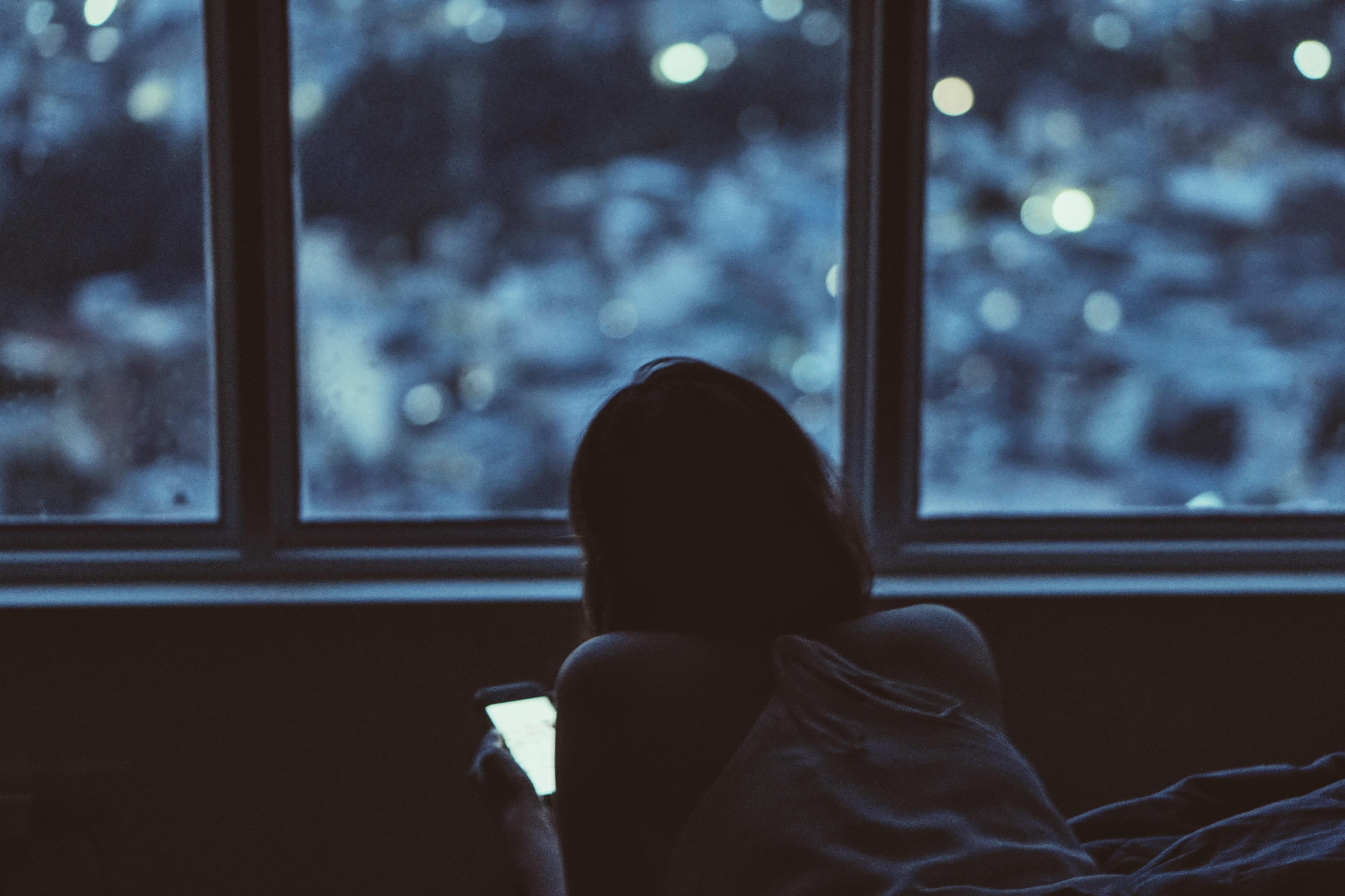Got anxiety? You’re not alone. About 40 million others: Anxiety disorders are the most common mental illness in the U.S.
The good news is anxiety disorders are highly treatable, and many may find relief from digital health tools.
The bad news? Looking for the right app for you may trigger additional anxiety: Search “anxiety” on the app stores, and you’ll be faced with a seemingly never-ending scroll list of apps that all claim to help.
These apps can be hard to differentiate from one another, and as a result, many people end up downloading a host of apps…that they never use. Only to repeat the same process the next time you’re lying in bed and your mind won’t shut off.
To try to help, here is a checklist you can use when evaluating anxiety apps. This isn’t a quiz that will spit out the exact right app for you, but hopefully it will help you know what to look for and evaluate what’s most important to you.
1. App content
Anxiety apps really run the gamut, from games to meditations and nature sounds to cognitive behavioral therapy (CBT) and beyond. As a result, it’s a critical first step is to think about the type of app content that may be most helpful to you.
In other words, what do you want an anxiety app to do for you? Do you want to focus on mindfulness and finding calm when your anxiety is triggered? Do you need a way to keep track of your moods, health habits, and thoughts? Are you looking for a community of peers you can share ideas with? Do you want immediate access to mental health care professionals? Or maybe you want it all, within one app.
These are all big questions, and I’m not going to say they’re easy to answer. But if you take the time to really think through the types of content you think will be most helpful to you, that will go a long way to eliminate the noise.
2. Clinical rigor
There are a lot of cool apps out there that distract from anxiety with addicting games, or offer calm with a loop of nature sounds. While an app may be enjoyable, that doesn’t mean that it’s helpful. That’s why clinical rigor that is linked to improvement is so important.
This can be difficult to discern within the app store listings. A good way to check is to pop over to your browser and explore the app’s website. If an app is evidence-based or making any clinical claims, you should be able to find a research page that lists published studies and/or proof of clinical experts on staff or on their board on an about page. Another good way to evaluate clinical claims is PsyberGuide, a non-profit that reviews apps in an objective manner, including evaluating published research papers.
3. User reviews
This may seem like an obvious item, but hear me out: Many people take note of the total number reviews and overall rating. Few take the time to actually read the content of these reviews, which are much more revealing.
I encourage you to click “see all” on the reviews, and sort by most recent. What are users actually saying? How has it made a difference in their symptoms and in their life? What do they feel like is missing or could be improved? Their qualitative comments will inevitably spark ideas for you.
4. HIPAA compliance
Like many people with anxiety, I can be skeptical that companies or apps have my best interest at heart. What are they going to actually do with my data? Can I trust them? We’ve all been conditioned to quickly bypass the lengthy privacy policies and terms and conditions that pop up when we sign up for anything digital. When it comes to your health, I encourage you to pause and actually scan those texts.
Apps related to your health are subject to HIPAA in addition to other privacy rules and regulations. In other words, they’re held to a higher standard and should not share your protected health information (PHI) with anyone without your expressed consent, such as giving permission to share your app data with your care provider.
5. A vibrant community
Can you connect with others within the app? The presence of a community within the app can be a tremendous resource for support. Without a community, it can feel like you’re going through the journey in the app alone. A community is a great place to learn how others are using the app in their lives, and more importantly, share stories and strategies, offer encouragement, and provide motivation.
Check out app descriptions to see if they mention a community. If they do, you may have to pop in to see what it’s like. How active is it? Are there categories or chat groups to keep things organized? Are you anonymous, and are there any moderators? Again, there are no “right” answers here; just things to explore and reflect on what’s important to you in a community.
Your next steps
Maybe these criteria will help you land on the perfect app for you. More likely though, you’ll end up with a top three. Rather than try to use them all at once, commit to a one month experiment: Use each one exclusively for one week. Each week, take notes of how you feel, and how the app is helping (or not helping).
During week 4, compare notes: Which app seemed to be the best fit for your anxiety, personality, and lifestyle? Assuming you have a clear favorite, use that one for another month before you commit to purchasing a paid subscription.
It’s not an exact science, but by taking this strategic approach, you’ll find the app that ultimately works best for you at relieving your anxiety symptoms. And that’s pretty priceless.

By Chris Goettel
Product Designer, Sanvello, and Co-Founder, Pacifica
Chris was formerly the designer and co-founder of Pacifica, the award-winning mental health app used by millions. Today, he serves as product designer at Sanvello.

